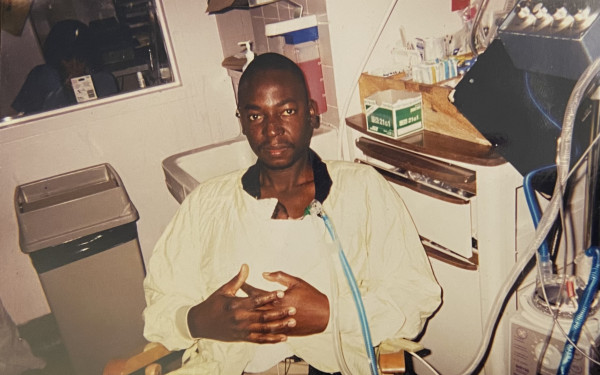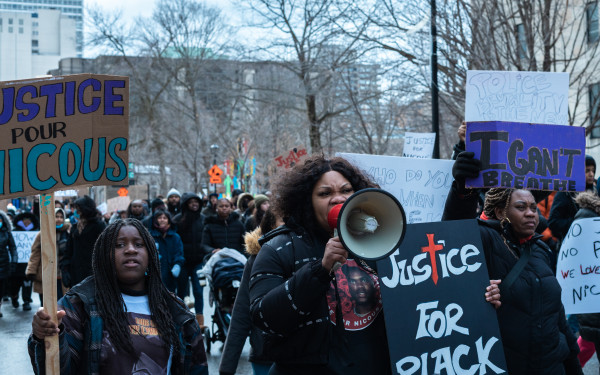Giffords Shot in Arizona
Politician Injured By Young Man, Sensationalized By Media
On Jan. 8, Jared Lee Loughner opened fire into a crowded street corner in Tucson, Arizona. He killed six people and injured thirteen others.
Amongst the injured was Gabrielle Giffords, who was no doubt the attacker’s main target. Giffords, a centrist Democratic congresswoman, had sent out an invitation to the people of Tucson to meet her at a parking lot of a grocery store. This was an attempt to form a relationship with the people she represented—an invitation that turned sour.
For those who have not been following the story, Jared Lee Loughner is a 22-year-old man living in Arizona.
He had been kicked out of school and denied entry to the military based on his suspected unstable mental state. This man exercised his right to walk into a store in Tucson and spend upwards of $500 on a 9 mm semi-automatic pistol. Loughner was then legally able to carry this loaded weapon to the crime scene and shoot 19 people.These facts have lent themselves to a media frenzy. Journalists and politicians alike are racing to spin the tragedy into a stage for debate on what politicians should do and what Americans should fear.
Former classmates described Loughner as “terrifying.” He displayed behaviours that are typical of others who have committed similarly horrifying crimes in the past.
Loughner’s actions left a shocked country scrambling for answers. Unfortunately when tragedy finds itself tied to politics, politicians seize the opportunity to attack their political opponents. Instead of focusing on mental health issues, which Jared Loughner likely suffers from, or gun laws in states like Arizona, which seem fatally flawed, political personalities and journalists have wasted no time slinging out insults to individuals they believe are to blame.
In reality, isolated events like the shooting in Tucson are hard to prevent and even harder to predict. Even though the attacker had extreme political views, an obviously angered personality and access to the means to commit his crime, the tragedy should be recognized as an unlikely event and nothing more.
By acknowledging Jared Loughner’s actions as more than just a violent crime, the media gives Loughner undeserved glory. Newspapers and websites are plastered with pictures and facts about Jared Loughner, which provides him with a certain amount of infamy.
In addition, politicians are offered a platform for instilling fear into American citizens. When a population is struck with fear-induced vulnerability, it is no doubt that politicians have the capability to sell empty promises and undermine their opponents in ways that are greatly amplified.
Unless someone is going to offer an opinion on how to prevent this kind of event from happening in the future, the media should refrain from turning Loughner’s actions into a bloody soap opera. Perhaps people would be less inclined to commit these types of crimes if the media made a point of keeping the killer faceless and nameless. Until then, victims of the crime should be memorialized and facts regarding the event should be presented. But be wary of any conclusions that are drawn from manipulating the facts of a tragic event.
This article originally appeared in Volume 31, Issue 19, published January 18, 2011.

__900_848_90.jpg)





